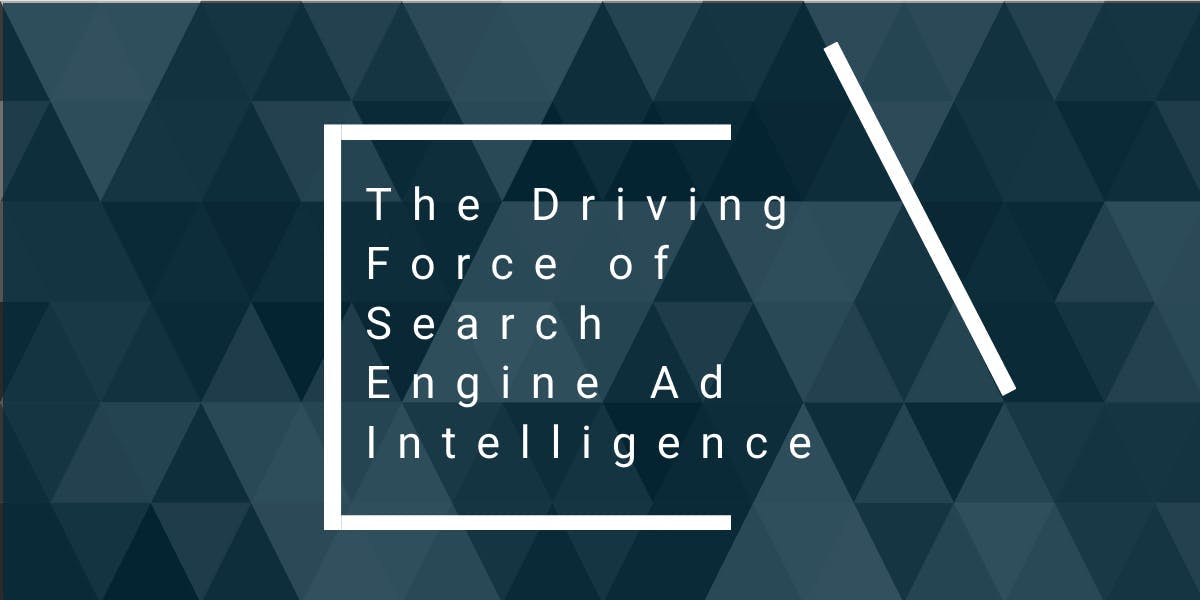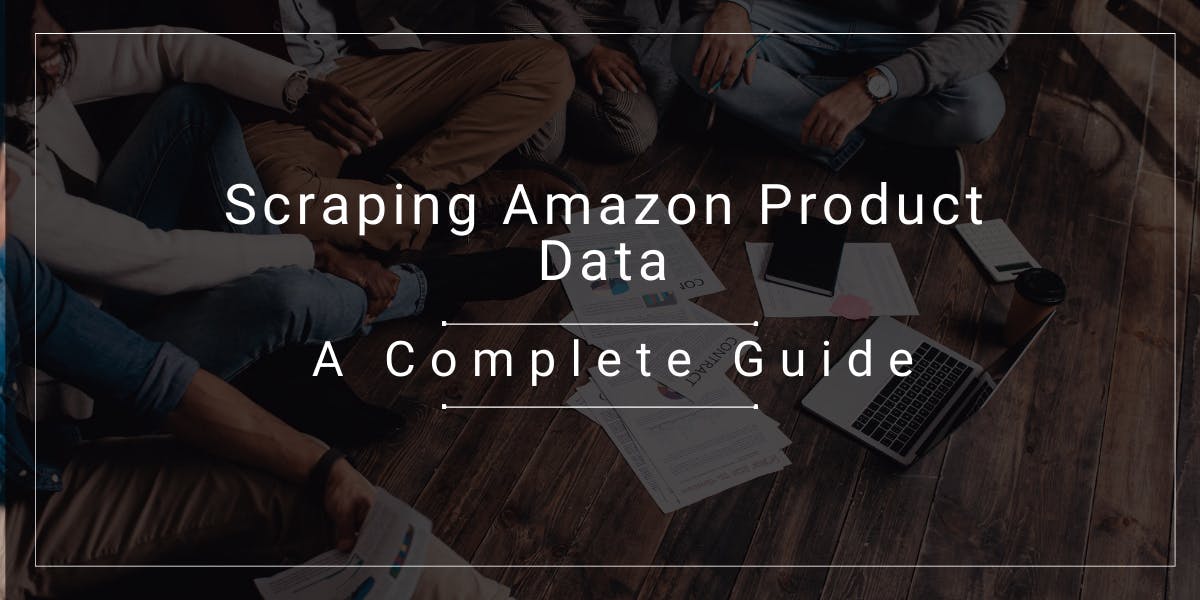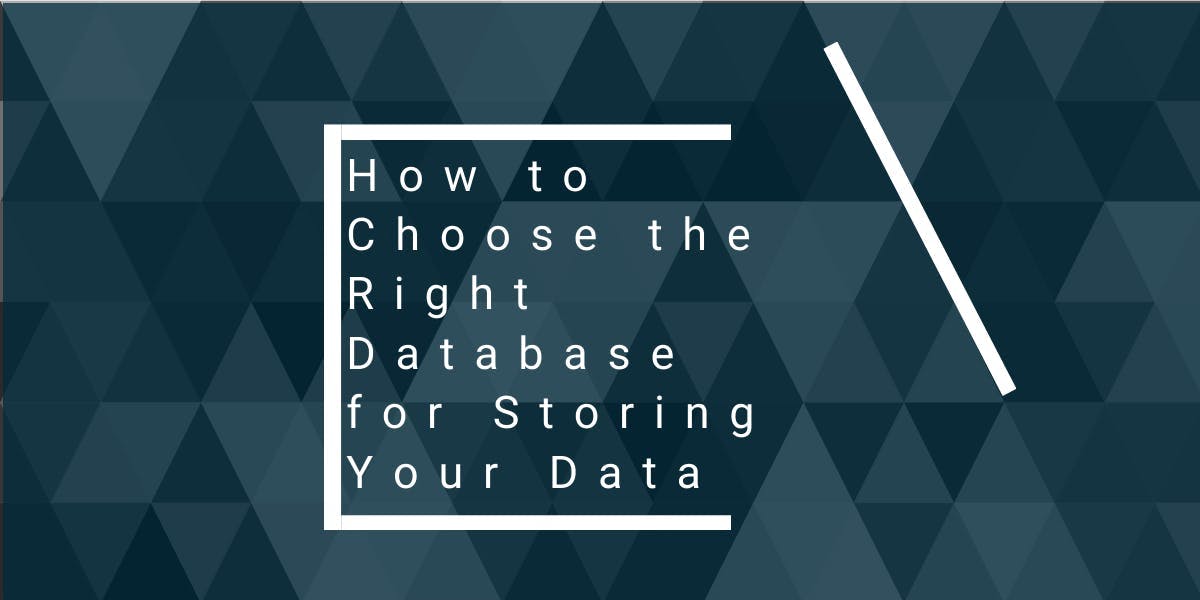The Driving Force of Search Engine Ad Intelligence
Flipnode on May 12 2023

Search engines are an invaluable tool for businesses, especially for advertising purposes through paid ads or SEO strategies. However, research shows that the top-ranked web page in a search engine only receives 31.7% of all clicks, highlighting the importance of achieving a high ranking. As a result, businesses invest heavily in optimizing their web pages to secure top positions, making access to search engine marketing intelligence crucial.
Companies specializing in ad intelligence offer platforms that provide customers with large volumes of data for a fee. Web scraping is the driving force behind these platforms, allowing businesses to collect the necessary data. This article aims to provide a comprehensive overview of ad intelligence, including what it is and how to collect it using proxies, in-house web scrapers, or ready-to-use tools. This information can help businesses navigate the current and future landscape of data acquisition effectively.
What is search engine ad intelligence?
Before delving deeper into the challenges of collecting search engine ad intelligence, it's important to understand what it is and why it's crucial. Search engine marketing intelligence offers detailed insights into the advertising landscape of online businesses on search engines. This includes information such as:
- Competitors within the company's competitive landscape and their advertising activity
- Competitors' products, prices, reviews, and ratings
- Rankings and changes over time in the company's advertisements
In essence, companies specializing in search engine ad intelligence utilize specialized tools to crawl search engines and provide these valuable insights to their customers through their platforms.
The importance of fuelling businesses with strategic intel
As previously mentioned, businesses have specialized in acquiring search engine marketing intelligence and presenting it in a usable format for their customers. The significance of providing businesses with strategic ad intelligence includes:
- Shaping digital marketing and SEO strategies: By gaining insights into competitors' advertising activity, products, prices, and rankings, businesses can optimize their own digital marketing and SEO strategies for improved performance and competitiveness.
- Competitor monitoring: Search engine ad intelligence allows businesses to closely monitor their competitors' advertising efforts, enabling them to stay updated on their rivals' tactics and make informed decisions accordingly.
- Informing ad campaigns: With access to ad intelligence, businesses can gain valuable information on ad rankings, changes over time, and other crucial data, which can be used to inform and optimize their ad campaigns for better results.
Shaping digital marketing strategies
Analyzing search engine marketing intelligence is crucial for businesses to stay competitive in the market. Public data from search engines provides valuable insights into successful practices that help websites rank higher on SERP. By analyzing this data, businesses can make informed decisions about whether to change their digital marketing or SEO strategies.
Competitor monitoring
Strategic intelligence obtained from search engine marketing can provide businesses with valuable information about their competitors' digital marketing strategies, including the type of ads they are sponsoring. If the search advertising intelligence reveals that these strategies are effective for competitors, it is natural for a company to consider adopting a similar model to stay competitive in the market.
Ad campaigns
By extracting ad campaign data from SERPs, companies can gain insights into the Pay-Per-Click (PPC) ads that their competitors are running. This data can also help identify the right keywords to use if businesses are planning to run their own sponsored ads, thus enabling them to make informed decisions about their advertising strategies.
Main challenges of collecting search ads intelligence
As previously stated, web scraping is the driving force behind businesses that offer search engine marketing intelligence. However, this process comes with its own set of challenges that need to be addressed.
Security measures
Large websites and search engines employ various anti-scraping techniques to protect their data and web servers from excessive scraping requests. These measures include CAPTCHAs, IP blocks, blacklisting, and pattern monitoring algorithms.
CAPTCHA is a widely used anti-bot technique that presents a challenge to web scrapers. It monitors web activity and interrupts browsing if it detects bot-like behavior, requiring the solver to complete a puzzle. In-house web scrapers often struggle to solve CAPTCHAs, which can impact their performance.
IP blocks are another common anti-bot technique where an IP address that makes multiple web requests in a non-human-like manner is blocked. However, there are ways to avoid being blacklisted or blocked while web scraping by employing strategies to mimic human behavior.
Layout changes
Websites, including popular search engines, often undergo layout changes that can impact the collection of search ad intelligence. These changes may include newly introduced features or altered shapes, which can foreshadow the direction of search algorithms and impact search engine optimization (SEO) practices.
While these layout changes are aimed at improving user experience, they can complicate the process of collecting search ad intelligence. For example, data may be displayed in different locations, which can adversely affect the performance of automated data extraction tools. As a result, staying up-to-date with these layout changes and adapting data collection methods accordingly becomes crucial for maintaining the accuracy and effectiveness of search ad intelligence.
Geo-locations
It's important to note that the same search query can produce different search results when used by users from different countries. This is because search engines often tailor search results based on geographical location, and certain content may not be available in specific regions. This variability in search results based on location can significantly impact the accuracy and comprehensiveness of search ad intelligence, as it may not capture the full picture of advertising activities across different regions.
Unstructured data
Collecting SERP results data and ad intelligence through web scraping is one aspect, but analyzing and making sense of the data is another. While a company may have a team skilled in web scraping to gather the data, it often results in unstructured data that is difficult to analyze. Therefore, it's crucial for the web scraper to also convert the unstructured data into a structured format, which allows for easier analysis and interpretation of the insights gleaned from the data.
Resources
Creating an in-house web scraping tool for search ad intelligence requires significant investment in terms of time and money. This involves having a dedicated team of developers to undertake the task, which can be costly for the company. Despite the high financial investment, there is no guarantee of optimal performance from the web scrapers.
Personalized search
Search engines employ personalization techniques that customize search results for all users, regardless of whether they are signed in or not. This is achieved through anonymous cookies in users' browsers that track search activity over an extended period of time, up to 180 days. While this enhances the user experience, it can be detrimental to companies seeking to develop effective digital marketing strategies.
For example, a search query may indicate that the organization's website is ranked third, while in reality, it is actually ninth or even on the third page of search results. This means that collecting ad intelligence without considering personalization could result in inaccurate and unreliable data, rendering it useless for businesses.
Solutions for efficient search engine scraping
Companies specializing in search engine ad intelligence typically develop their own in-house solutions for collecting the necessary data from search engines. Proxies play a vital role in ensuring a smooth and compliant web scraping process, enabling businesses to gather the required data effectively and efficiently.
Using proxies
In conjunction with in-house web scrapers, proxies are utilized to emulate human behavior, preventing IP blocking and enabling access to geo-restricted sites that contain valuable ad, keyword, and SEO-related data. Proxies play a crucial role in bypassing CAPTCHAs and ensuring a seamless gathering of search ad intelligence. Proper selection of proxies may require understanding the workings of different types of proxies for optimal performance.
Using ready-to-use tools
The complexity of popular search engines poses challenges for internal web scraping tools in delivering accurate results. As a solution, companies specializing in ad intelligence often choose to outsource reliable web scraping tools to streamline their data gathering process. These trusted tools ensure that the collected data is structured and ready for use, making them ideal for large-scale data gathering of ad-related information and search results.
Conclusion
Collecting public data on ads or search results, or any other form of information from websites can be challenging, for one, because of the sheer volume. Factors such as anti-bot techniques and regularly changing structure and layouts compound the challenges.



